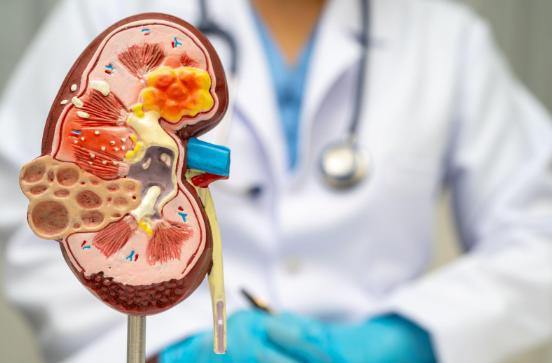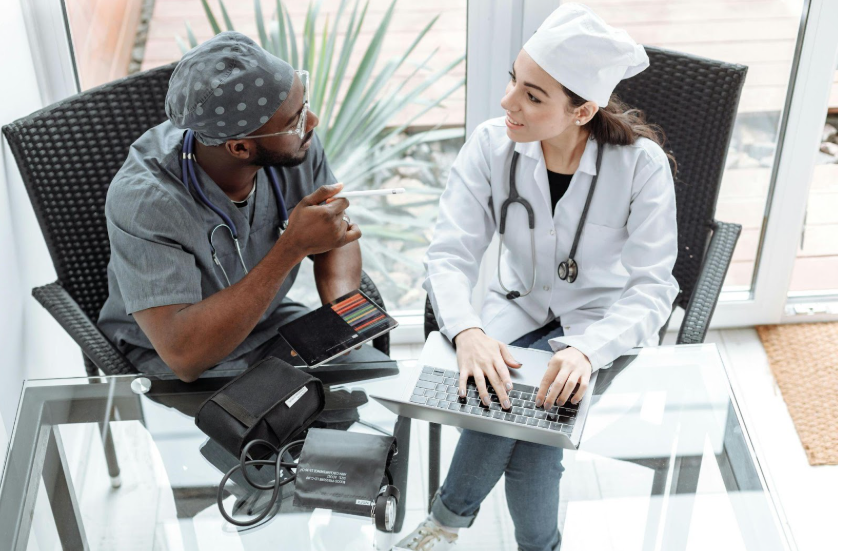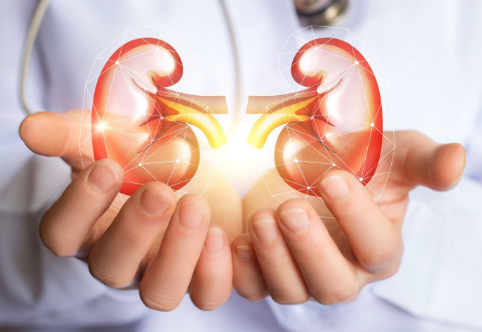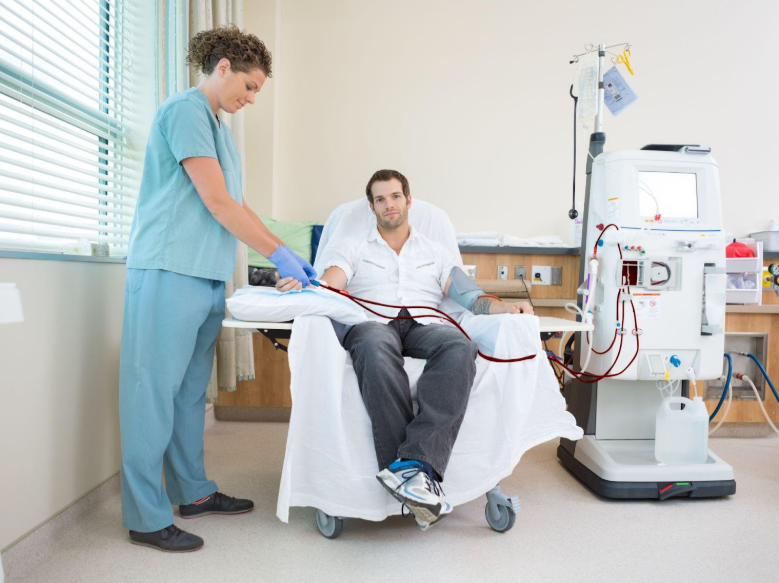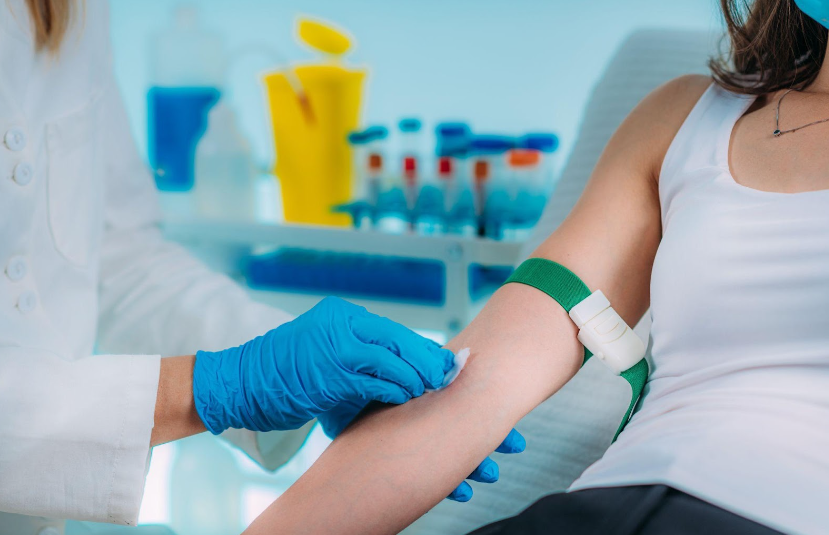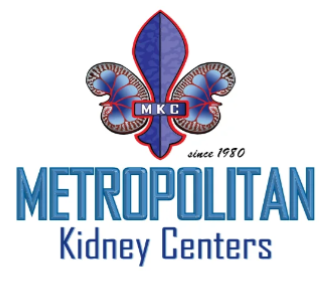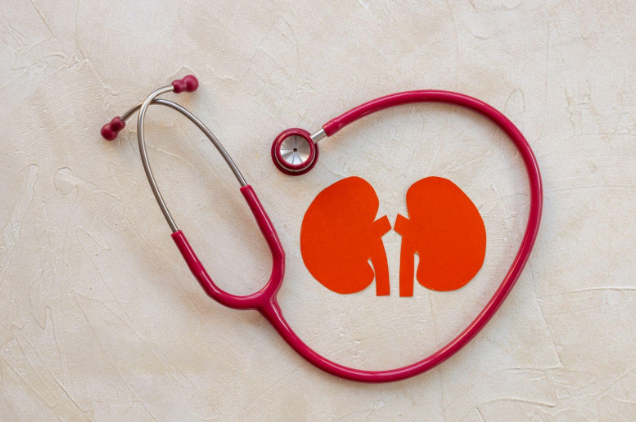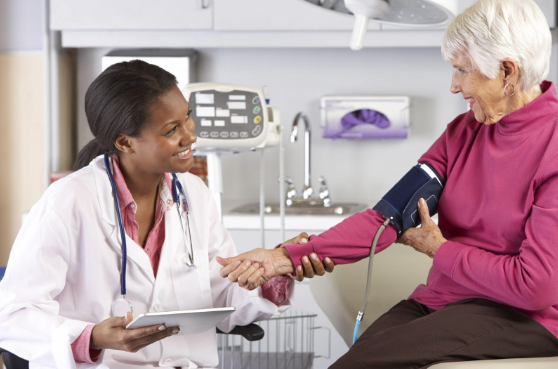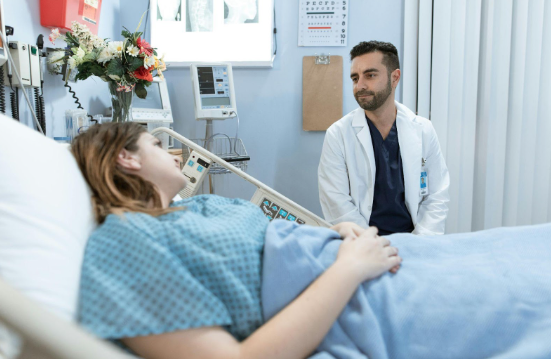How to Travel Safely with Kidney Disease During Summer Vacation
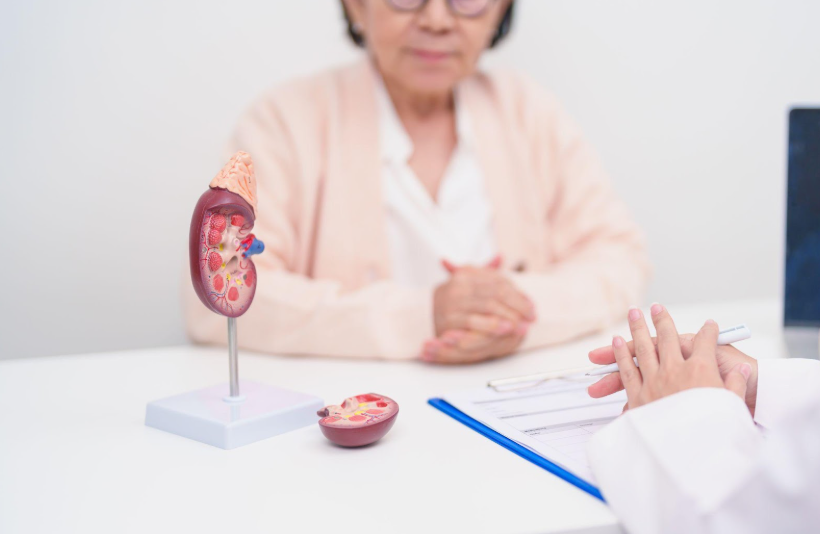
Traveling in the summer can be restorative, but if you have kidney disease, even the smallest details, like medication and hydration, need extra preparation. Rising temperatures, irregular schedules, and unfamiliar environments can increase the risk of complications.
But with smart preparation and proactive choices, you can travel confidently and safely. Here’s how to make the most of your summer travel without compromising your well-being.
Consult Your Nephrologist
Consult your nephrologist or primary care physician before making travel arrangements during summer. This is especially important if you’ve had recent lab changes, hospitalizations, or symptoms such as swelling, fatigue, or difficulty breathing.
A comprehensive checkup can help verify that you're stable for travel and that your treatment plan accounts for your vacation schedule. This step makes sure you're starting your vacation on a solid foundation and reduces your risk of complications while away from your usual care team.
Your provider can also assist in:
- Reviewing and adjusting medications for your travel schedule.
- Identifying nearby medical facilities in your travel destination.
- Writing a medical letter for security checkpoints or emergencies.
Coordinate Dialysis or Peritoneal Treatments in Advance
If you're on in-center hemodialysis or peritoneal dialysis (PD), planning becomes even more critical. Even one missed treatment can have detrimental effects. Begin coordination at least 6 to 8 weeks before your trip.
For Hemodialysis
Contact dialysis centers near your destination as early as possible to secure a spot. Send them your medical records, dialysis prescription, and insurance details to avoid delays. Confirm your treatment schedule and ask about any fees or co-pays. Check if the center accepts your insurance to prevent unexpected costs.
For Peritoneal Dialysis
If you're on peritoneal dialysis, arrange for your supplies to be shipped directly to your hotel or rental before you arrive. Pack a week's worth of emergency supplies in your carry-on. Make sure you have access to a clean and safe place to perform exchanges. Consider carrying disinfectant wipes for added cleanliness, and keep a copy of your dialysis prescription and medical contacts with you for emergencies.
Stay Organized with Medications
Pack all prescription medications in their original labeled containers, and bring extra doses in case your return is delayed. Include over-the-counter medications approved by your doctor, especially for pain, nausea, or gastrointestinal issues.
Carry copies of your prescriptions, a printed list of all medications, and your nephrologist’s contact information. To make sure this kit is always with you, keep it in your carry-on bag rather than your checked luggage. By taking these precautions, you’ll avoid the stress of missing critical treatments due to lost luggage, unexpected delays, or local pharmacy shortages.
Avoid Overexertion
Overexertion, jet lag, or skipped meals can quickly lead to fatigue or complications. Pace yourself by building rest periods into your itinerary. Choose comfortable accommodations and avoid lengthy walking tours without breaks.
Practice breathing exercises or gentle stretches to help manage anxiety. If you start to feel tired or dizzy, don’t push through; take it as a sign your body needs rest. Listening to your body helps you recover faster and enjoy your trip more fully.
Hydrate Without Overdoing
If you're spending time outdoors or in warmer climates, fluid restrictions and retention risks can make hydration tricky. Even small changes in fluid balance can impact your kidneys and blood pressure, so staying within your limits is key.
Speak with your doctor about your ideal fluid intake and how to adjust it for heat exposure or physical activity. Use a refillable bottle with volume markings so you can measure what you drink throughout the day. Avoid high-sugar drinks, caffeine, and alcohol, all of which can dehydrate or spike your blood pressure. If you're on fluid restrictions, use crushed ice or frozen grapes to keep cool while managing intake.
Avoid Temperature Extremes
People with kidney disease often have increased sensitivity to heat and sun. You may also be more prone to heat exhaustion or blood pressure fluctuations. To protect yourself, plan outdoor activities during cooler hours, like early mornings or evenings.
Wear loose, light-colored clothing and wide-brimmed hats to shield your skin. Apply broad-spectrum sunscreen with at least SPF 30 and reapply every two hours. Stay in shaded or air-conditioned areas during peak heat and avoid direct sun exposure between 10 a.m. and 4 p.m. when UV rays are strongest.
Stay Consistent with Kidney Diet
Eating foods high in sodium, potassium, or phosphorus, even for a few days, can lead to swelling, fatigue, or more serious complications.
To stay on track:
- Look for restaurants in advance and check menus for low-sodium options.
- Avoid buffet-style meals where ingredients and salt content are unknown.
- Pack renal-friendly snacks for travel days: unsalted rice cakes, low-sodium crackers, or apples.
- Read nutrition labels closely when shopping for groceries.
- Stick to portion control even when dining out.
Prepare for Medical Emergencies
In case of a health emergency, having the right documents and contacts readily available can make a big difference in the speed and quality of care you receive:
- Medical ID: Wear a medical alert bracelet that lists your condition, allergies, and emergency contact.
- Emergency Card: Keep a printed card with your doctor’s contact info, list of medications, insurance details, and recent lab results.
- Dialysis Records: Bring a USB or paper copy of your latest dialysis treatment records.
- Local Hospitals: Identify hospitals or clinics near your travel destination, and store their information in your phone and on paper.
Ensure Coverage for Kidney Conditions
Before you travel, make sure you choose a plan that includes emergency medical care, dialysis if necessary, and trip cancellation due to health issues. When comparing policies, be sure to disclose your kidney disease diagnosis and current treatments.
Confirm if dialysis or hospitalization is covered, and check for air ambulance services in case of emergencies in remote areas. Look for policies that reimburse you for unused trip portions if illness forces you to cancel. Also, carry your insurance card and know how to file a claim while traveling.
If you have questions about managing kidney disease while on the move, our team is here to help. At
Metropolitan Kidney Centers, our nephrologists offer expert guidance and personalized care for patients who want to maintain an active, full life, including travel.
Call us to schedule a travel readiness visit and get personalized tips that fit your care plan today!
